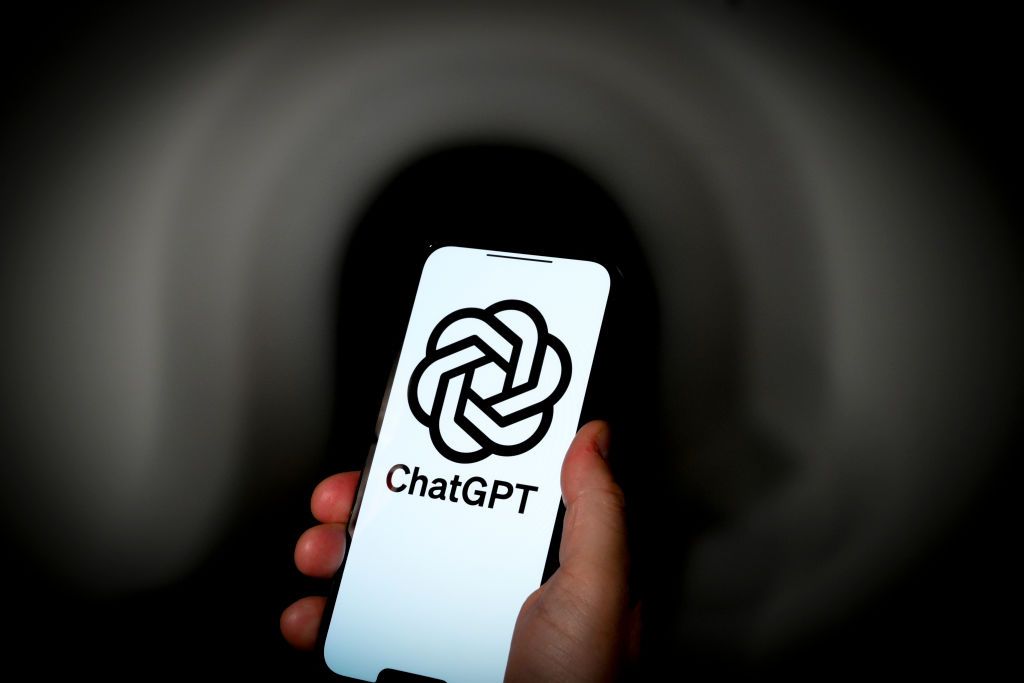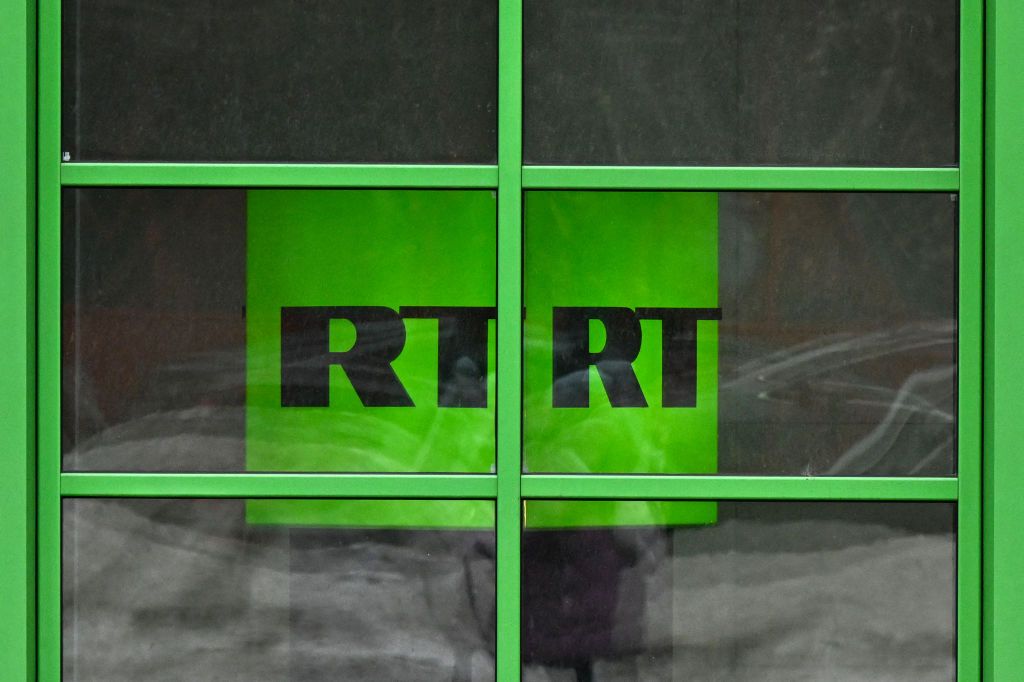The U.S. Justice Department announced on July 9 that it had seized two domain names and searched more than 950 accounts on X involved in a bot farm linked to the Russia state-run media outlet RT, which was aimed at spreading disinformation in the U.S.
The bot farm used generative AI to create accounts on X who often claimed to be in the U.S. The falsified accounts then spread Russian propaganda talking points aimed at the American public.
U.S. officials have said that Russia engaged in a widespread campaign of digital disinformation and hacking in the past two American presidential elections, with particular effort dedicated to the 2016 election. Russia has also been accused of meddling in the U.K.'s 2016 Brexit referendum.
The bot farm was organized by a Russian national who worked as the deputy editor-in-chief of RT in 2022, and expanded with funding from the Kremlin and collaboration with an official from Russia's Federal Security Service (FSB), according to the Justice Department.
The organization reportedly used email accounts registered on two U.S.-based domain names, which violated the International Emergency Economic Powers Act. The payment system also violated federal money laundering laws, the Justice Department said.
X has suspended the accounts in question.

"With these actions, the Justice Department has disrupted a Russian-government backed, AI-enabled propaganda campaign to use a bot farm to spread disinformation in the U.S. and abroad," said Attorney General Merrick Garland.
FBI Director Christopher Wray added that the moves "represent a first in disrupting a Russian-sponsored generative AI-enhanced social media bot farm."
The Justice Department, in partnership with the FBI, the U.S. Cyber National Mission Force (CNMF), as well as cyber defense and intelligence agencies from Canada and the Netherlands, also released a "joint cybersecurity advisory" that detailed how the bot farm used AI to prevent the further use of such methods.
The Justice Department's announcement follows a similar investigation by the BBC published earlier in July, which alleged that a network of Russia-based websites posing as U.S. newspapers were behind a campaign of AI-assisted fake news stories aimed at the upcoming American presidential election.
One high-profile example was a fake story claiming that Ukraine's First Lady Olena Zelenska had purchased a $4.8 million Bugatti luxury car with U.S. taxpayer money. The story was filled with errors and used an apparently AI-generated video of an alleged Bugatti salesman who purportedly confirmed that Zelenska had bought the vehicle.
While the story was quickly debunked by the BBC and others, and denied by Bugatti, which threatened legal action against those who spread it, the story reached at least 12 million users on X.














